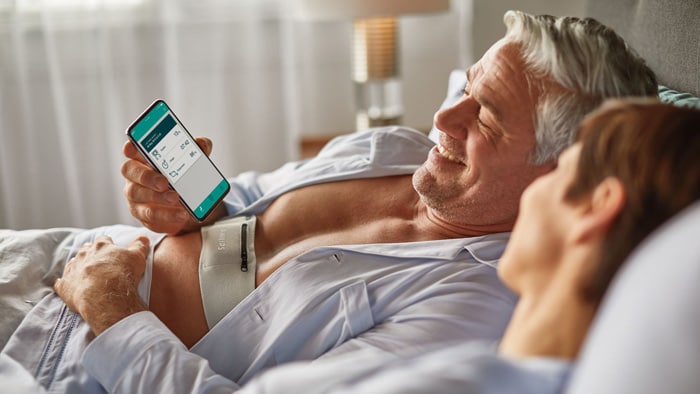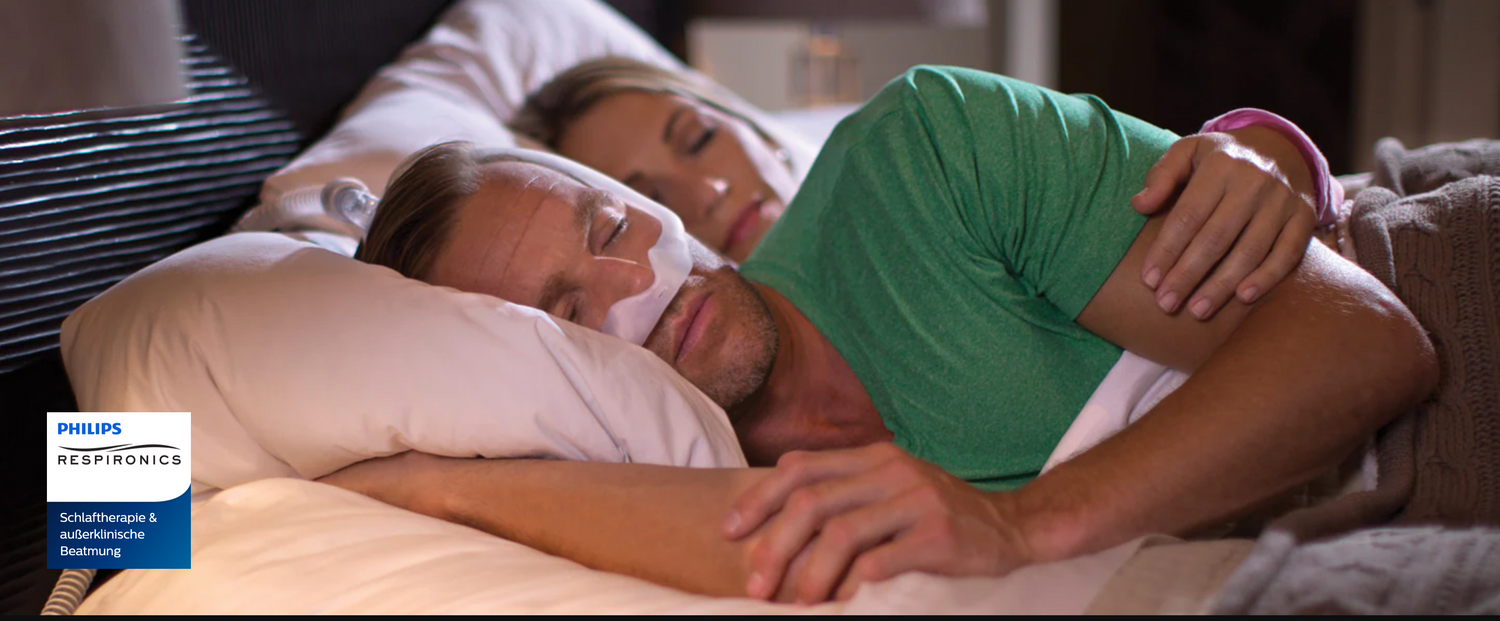
What is position dependent sleep apnea?
shares
Positional sleep apnea
In classic sleep apnea, the airways are repeatedly blocked during sleep, leading to interrupted breathing. Positional sleep apnea is a special form of this condition. In this case, the airways are primarily blocked when lying on the back.
Sleep apnea impairs sleep quality and can significantly impact performance and overall health. If you have sleep apnea and apnea episodes occur twice as often when sleeping on your back than on your side, your sleep apnea is likely position-dependent. Sleeping on your side can significantly reduce your symptoms.
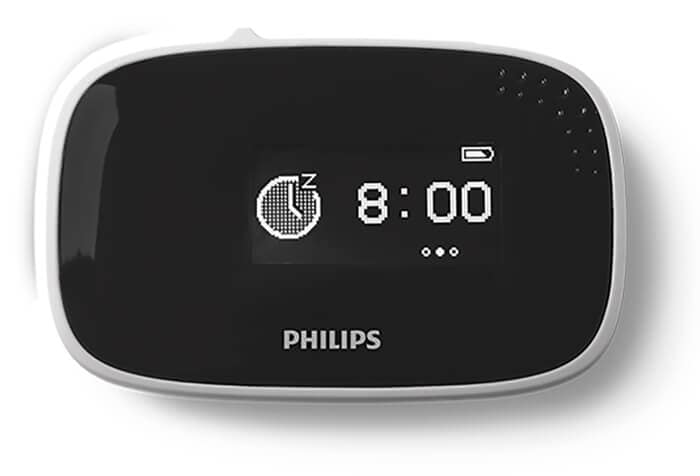
Ask your doctor if you have been diagnosed with position-dependent OSA.
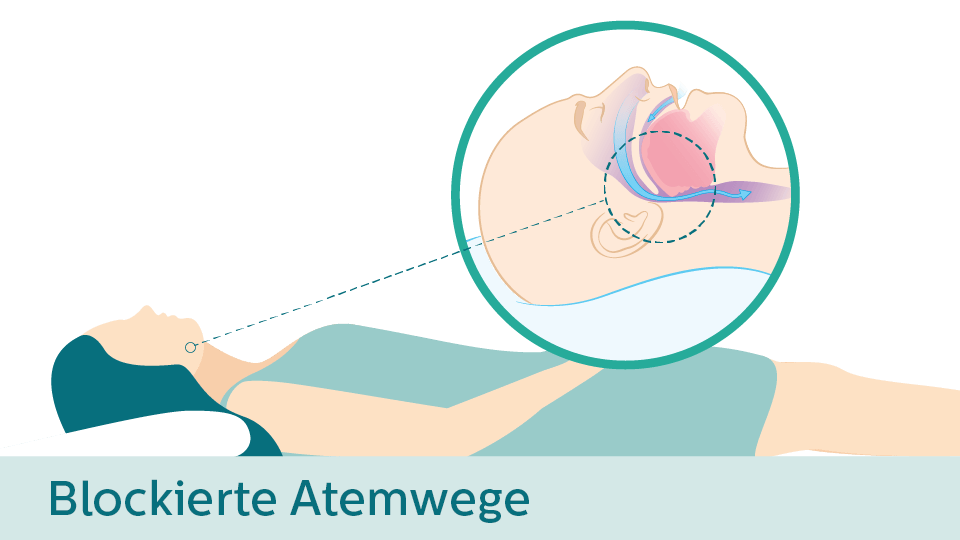
When you sleep on your back, your airways are blocked, which can lead to interrupted breathing.
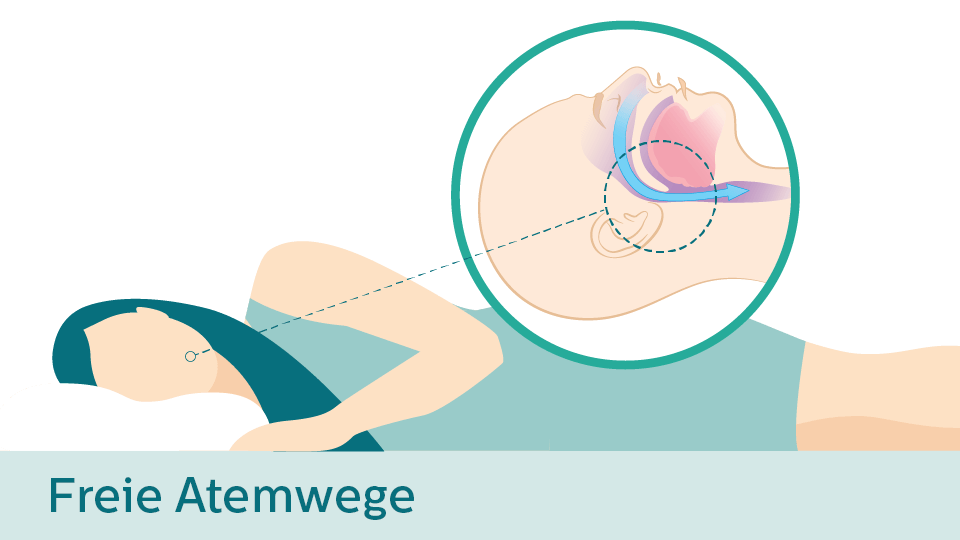
When you sleep on your side, your airways are clear, making breathing easier.
We are on your side and enable mask-free sleep apnea therapy
If you are interested in a positional sleep apnea If you suffer from this condition, traditional CPAP therapy can help. However, this requires wearing a mask every night. A mask-free alternative is avoiding sleeping on your back. NightBalance was developed for this purpose.
NightBalance is an easy-to-use and comfortable device that you can wear comfortably at night. It continuously monitors your sleeping position and encourages you to lie on your side. The intensity of the vibrations automatically adjusts to your needs.
Philips
NightBalance
Mask-free therapy specifically for positional sleep apnea

The advantages of NightBalance
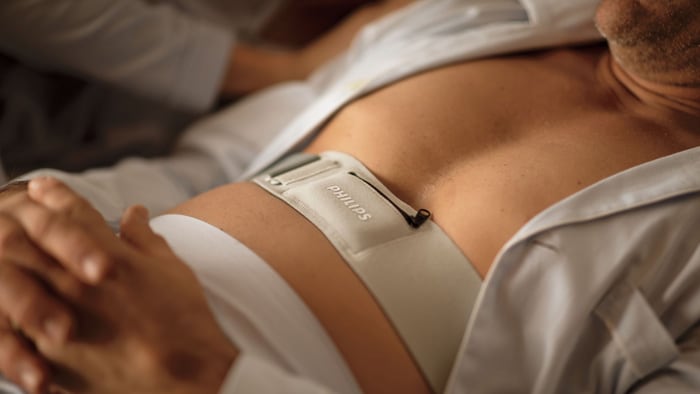
Comfortable to wear
The compact device is worn on the chest using a soft, adjustable strap. Customers report that it's more comfortable to wear than a CPAP device. (1)

For home and on the go
No mask, no surgery: The discreet, quiet sensor is worn in a chest band. You can take the device anywhere thanks to the practical travel case.
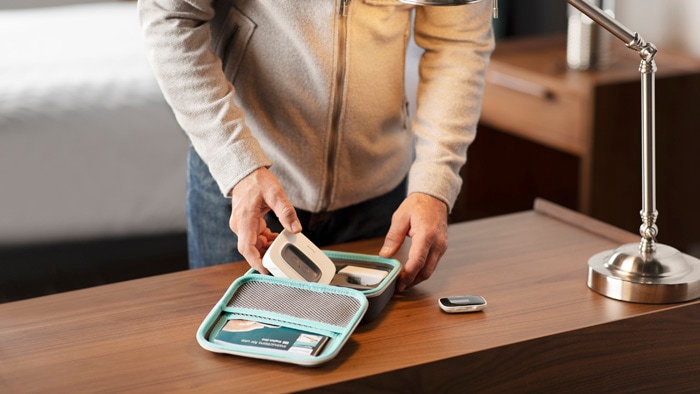
Compatible with mobile devices
The device is compatible with mobile devices and can be used with a user-friendly app. If you wish, your doctor will also receive your data and can thus monitor your therapy progress.
